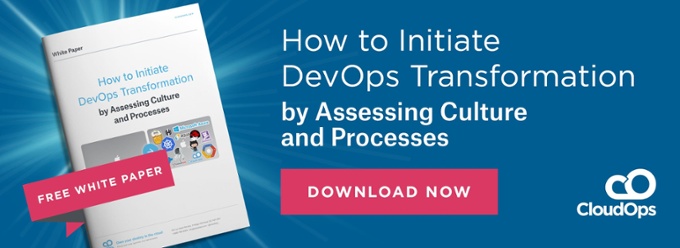CloudOps and Datera Announce Apache CloudStack Integration for Web-Scale Storage Service

Software-Defined, Automated, Shared Storage Infrastructure Made Accessible to Open Source CloudStack Community
CloudOps’ Expertise
Since 2005, CloudOps has focused on delivering vendor-agnostic cloud services with open source at its core. Companies who wish to take advantage of cloud infrastructure for various reasons including agility, elasticity, reliability, and right-sizing of infrastructure have benefitted greatly from CloudOps’ technical and business expertise in delivering cloud solutions.
Apache CloudStack (ACS) has been a major part of CloudOps’ open source IaaS offering to companies who wish to create both private and public cloud deployments. Its employees have contributed to the CloudStack community with a number of valuable submissions* and have acted in numerous roles including VP of Apache CloudStack and 4.9 Release Manager in 2016 (Will Stevens), seats on the PMC (Will Stevens and Pierre-Luc Dion), and Committers (Will Stevens, Pierre-Luc Dion, and Syed Ahmed).
With all this community involvement and technical expertise, Datera, a provider of elastic storage for on-premises clouds, sought CloudOps’ help in building the integration for ACS. CloudOps developed the code for the plug-in, enabling Datera’s storage-as-a-service offering which includes fast snapshots, IOPS and bandwidth QoS controls, support for volume placement across hybrid and flash nodes, and template-based provisioning.
Benefits of Datera Elastic Data Fabric (EDF) Integration with ACS
“Datera offers a unique feature set at an attractive price point, giving CloudStack users a wide variety of options when choosing the appropriate storage for their application workload” states Will Stevens, CTO at CloudOps and 2016 VP of Apache CloudStack.
Datera offers enterprise-class performance combined with the simplicity and agility of hyperscale clouds – all on-premises.
Ashok Rajagopalan, Head of Products at Datera, points out three major benefits of their offering:
- The ability to create unique storage service tiers for various types of applications.
- Decoupling physical infrastructure and logical provisioning enabling the advantages of newer generation hardware and media as they are released.
- Significantly simplify storage operations through a self-adaptive design, complemented with a cloud-based AI-driven engine, all provided through an API-first architecture.
API-First Data Architecture
Datera Elastic Data Fabric’s API-first architecture unlocks the power of software-driven control and policy-driven operations. The API is the access point for all orchestrators, such as ACS, to manage the EDF through policies. Datera’s self-adaptive system constantly evolves to meet the changing needs of applications and the data centre infrastructure.
Datera EDF fundamentally helps defragment the data centre from silos, support a wide variety of applications at multiple service levels, and delivering automation at scale. This helps optimize cloud operations and economics with enterprise capabilities and performance.
Pull Request Filed
CloudOps and Datera are pleased to announce that a pull request has been filed to the Apache CloudStack open source community for Datera integration with CloudStack deployments. https://github.com/apache/cloudstack/pull/2112.
Meet CloudOps and Datera at ApacheCon 2017!
Don’t miss our teams’ talks at ApacheCon’s CloudStack Collab this week in Miami.
CloudOps’ Will Stevens and Ian Rae are contributing to the opening keynote on Wednesday, May 17 at 9 am EDT;
Meet CloudOps and Datera at ApacheCon 2017!
Don’t miss our teams’ talks at ApacheCon’s CloudStack Collab this week in Miami.
CloudOps’ Will Stevens and Ian Rae are contributing to the opening keynote on Wednesday, May 17 at 9 am EDT;

